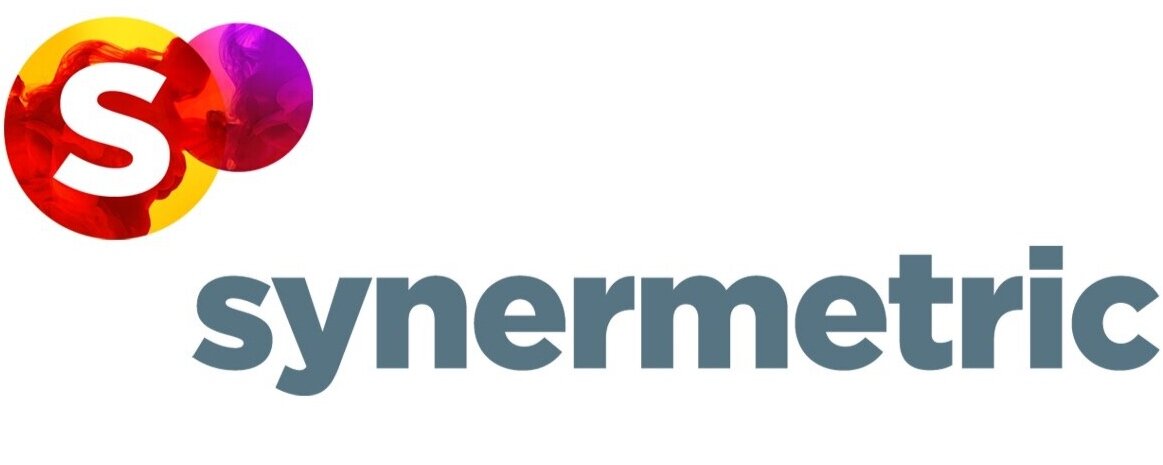Making new behaviours stick
Behaviour is notoriously difficult to change, and detrimental habits especially so. Health campaigns to quit smoking or oft-repeated New Year’s resolutions offer common evidence of how hard it is to break ingrained behaviours. In the workplace, employees may face challenges to change their behaviours, sometimes drastically, and on a deadline. Failure to do so could well effect employability or the chance of promotion.
One of the key purposes of leadership development programmes is for leaders to identify areas to develop and act on these areas to make improvements. Successful completion of this process requires both time and dedication. In fact, research by Phillippa Lally and colleagues (Lally, van Jaarsveld, Potts and Wardle, 2010) suggests that new behaviours can become automatic, on average, between 18 to 254 days depending on both the complexity of the new behaviour and the individual's personality. For most people, it takes about three months of constant practice before a more complicated new behaviour gets “set” in our neural pathways as a comfortable and seemingly automatic behaviour. Therefore, attaining a goal such as becoming a more participative leader might take quite a while, and will require constant reinforcement throughout the change period.
Participants of such leadership development programmes often undertake assessments on their personality, strengths, thinking styles and so on to provide the individual and their organisation with information about their behaviours, motivations, strengths, and best areas for development in relation to their current role and potential future positions. Coaching often follows to help individuals develop goals and support their change efforts. But what happens away from the programme and the coach, when the individual needs to maintain focus on their goals and define actions to help them succeed? Coaches cannot feasibly monitor the progress of their clients at all hours of the day for three months; nor would we want them to!
Life after feedback
Life after feedback necessitates a framework for turning assessment-generated awareness into goals and actions, and supporting individuals working towards change. This is the purpose of our newly released tool Propel, an online goal-setting and action-planning system based on behaviour change research which guides and assists individuals and their coaches throughout the change process. With its easily accessible progress monitoring and gentle automated reminders, it encourages individuals to make goal-oriented actions a regular part of their working and day-to-day life. Propel makes it easy for individuals to set goals and get help achieving them. More than a monitoring system or to-do list, Propel is a behaviour change partner which enables individuals to take charge of their change process and connects them with online resources and their coach when they need support.
Propel’s features include:
Platform to create and measure goals
Functionality to incorporate comments and suggestions
Access to a comprehensive competency-based resource library linked to competencies from the assessment that has been completed
Online professional development planning system
Behaviour change wizard to facilitate development planning
Coaching interface to track and monitor progress
Online developmental goal setting and reminder system
Pulse checks to monitor progress
Options to add goal mentors who can help keep you on track
Ability to add your own reference files to keep track of key information
The first version of Propel is now available and has been mapped to the sub-factors of the Facet5 personality assessment. Its flexible software can link with any assessment based on competencies, including personality, thinking styles, and strengths assessments, and several more assessments are currently being mapped. We are also happy to take requests, so if you have an assessment you would like to connect with Propel simply contact us and we will gladly evaluate and develop a compatible map.
REFERENCES
Lally, P., van Jaarsveld, C, H, M., Potts, H, W, W., and Wardle, J (2010). How are habits formed: Modelling habit formation in the real world. European Journal of Social Psychology, 40 (6), 998-1009.
DISCLAIMER
Propel is compatible with Facet5 reports and has been developed to enable people to actively turn feedback into personal development goals and monitor progress. Synermetric has also created a number of versions of Propel mapped to other leading psychometric tools. Customers should note that, whilst Propel is compatible with Facet5, it has been created and developed by and on behalf of Synermetric totally independently of Facet5 and any other provider of psychometric tools. Propel is not endorsed by any provider save as expressly set out on Synermetric’s website. Facet5 is a registered trademark of Edwards Bay Holdings Pty Limited.
